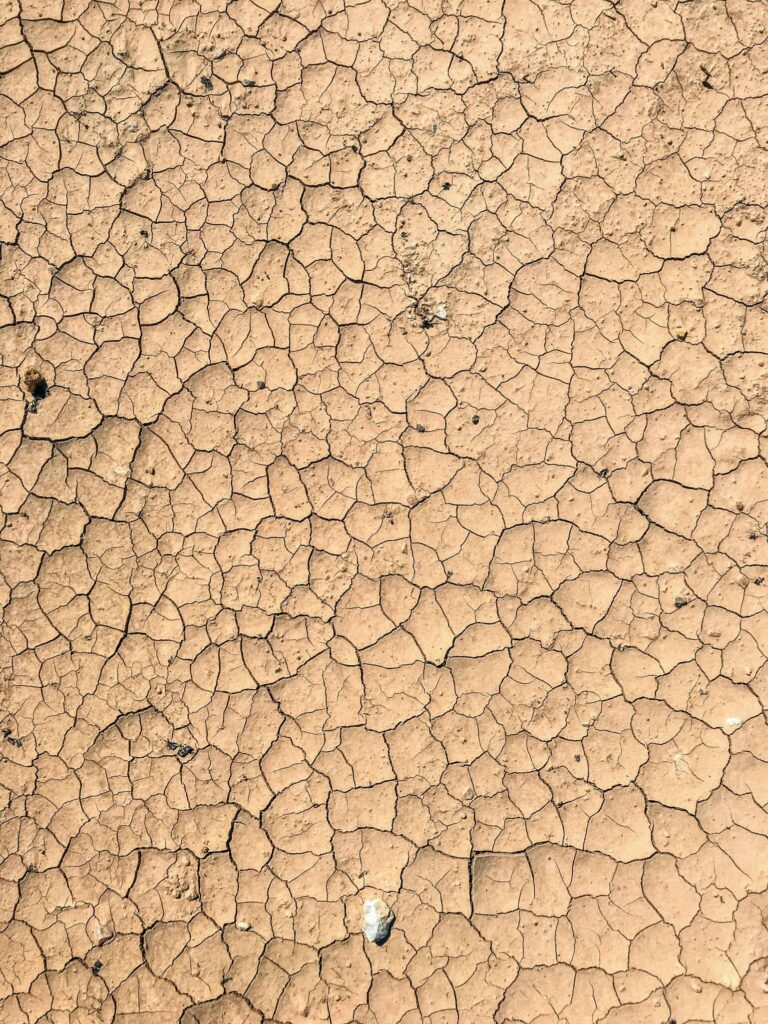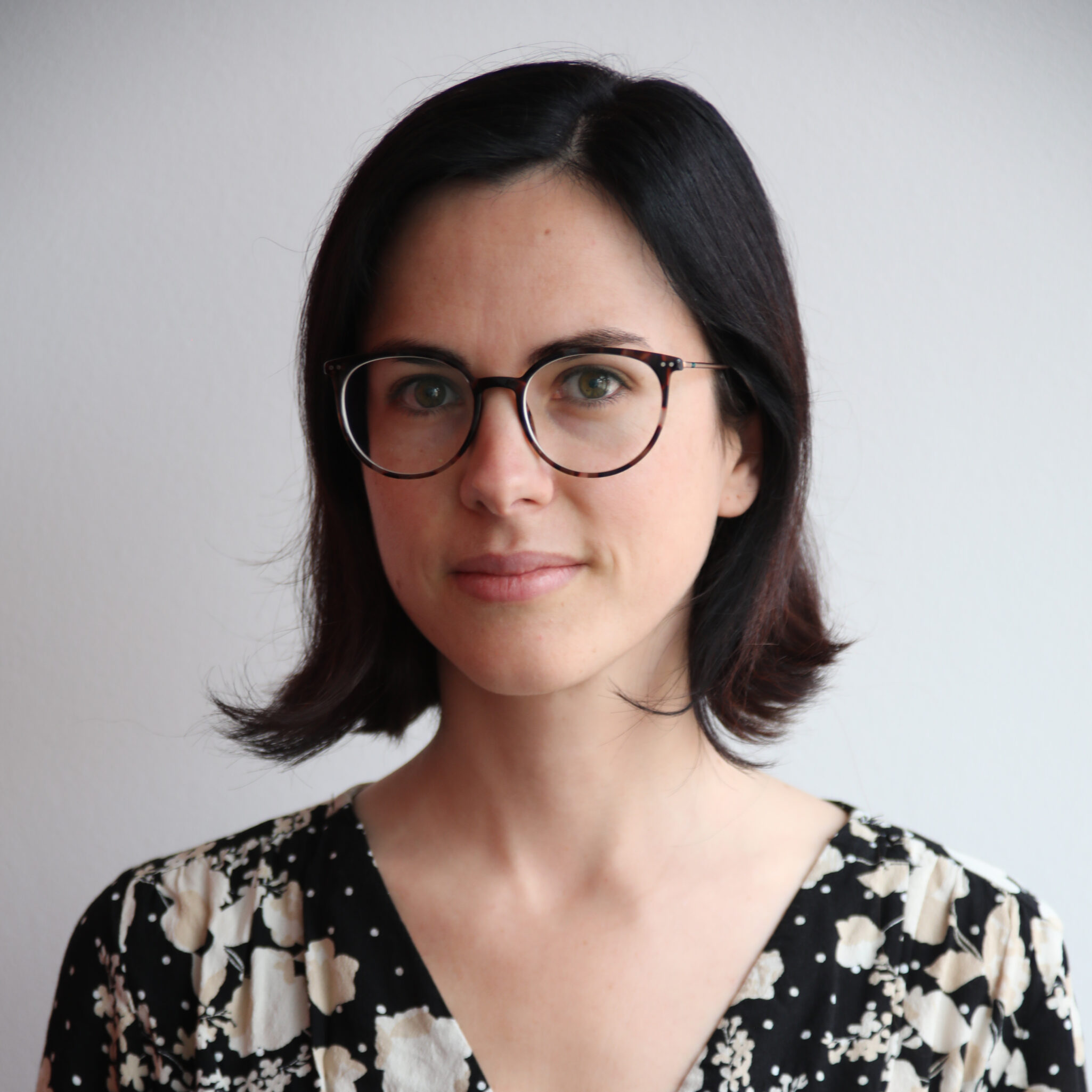IKEM signed a collaboration agreement on 14 September with the University Institute of Water Research and Environmental Sciences (IUACA) of the University of Alicante, Spain. The collaboration offers an opportunity for IKEM to extend its work on water-related challenges, building on its existing research on nature-based solutions.
Mariana Moreno Kuhnke, who earned a master’s degree from the University of Alicante and now works as a research associate in IKEM’s Mobility Department, played a key role in spearheading the collaboration. An article on water, co-authored by Mariana, appears in the ninth edition of the legal journal Klima und Recht.
We spoke with Mariana about the partnership and the importance of water in the context of climate research.
Why is it crucial to find solutions to water-related challenges?
The existence of all living beings in a specific time and place depends on the presence, absence, quality and quantity of water. As such, water must be given the importance it deserves, and its management must be optimised, especially in light of the fact that climate change will modify the existing patterns in water’s presence and absence. If potential problems aren’t addressed properly and in time, the consequences could be devastating to life as we know it, and the costs of recovering and/or adapting afterwards will be very high.
As part of its focus on water, IKEM is conducting research on nature-based solutions, such as the role of moorlands in protecting water resources and mitigating climate change. Why is water such an important topic for the institute to study in the context of climate change?
IKEM carries out interdisciplinary research work on a wide range of issues related to climate change, and water is becoming an endangered good as climate change intensifies. This is also the case in Germany, where water-related topics are becoming pressing issues. IKEM recognises that there is still a lot of work to be done on this issue and is determined to contribute to these efforts.
IKEM recently formed a Water Working Group. What is the group working on now?
The Water Working Group is currently focused on identifying the main water-related challenges that Germany will face as climate change alters the availability of water resources. The group is analysing the German legal framework to identify the legal loopholes that lead to inadequate and inefficient water management.
IKEM has just entered into a new partnership with the University Institute of Water Research and Environmental Sciences (IUACA). What lessons can IKEM learn from the researchers at IUACA?
IUACA researchers have already gained years of expertise in water management and water-related events like drought, heavy rainfalls and floods. We can learn a lot from our new partners about water management from an interdisciplinary perspective. The new partnership will offer us opportunities to exchange knowledge through collaborative events, projects and publications.
This month, IKEM and IUACA held their first joint seminar: ‘Smart Water Governance, Social Strategies and Regulatory Approaches’. What were some of your main takeaways from the event?
Climate change is causing water-related problems everywhere, including in regions where such problems were very rare until lately. In regions where there is already a history of these problems, the problems are becoming more extreme.
Collaborative work between partners in northern and southern Europe is valuable because it allows researchers to learn from the experiences of those in other regions, who face different situations and have different structures in place to manage water resources. This gives participants important tools that they can use to anticipate challenges and take precautionary measures.



